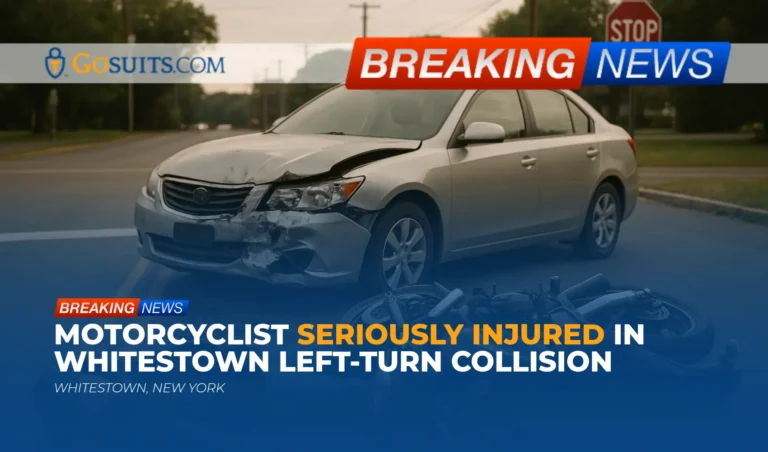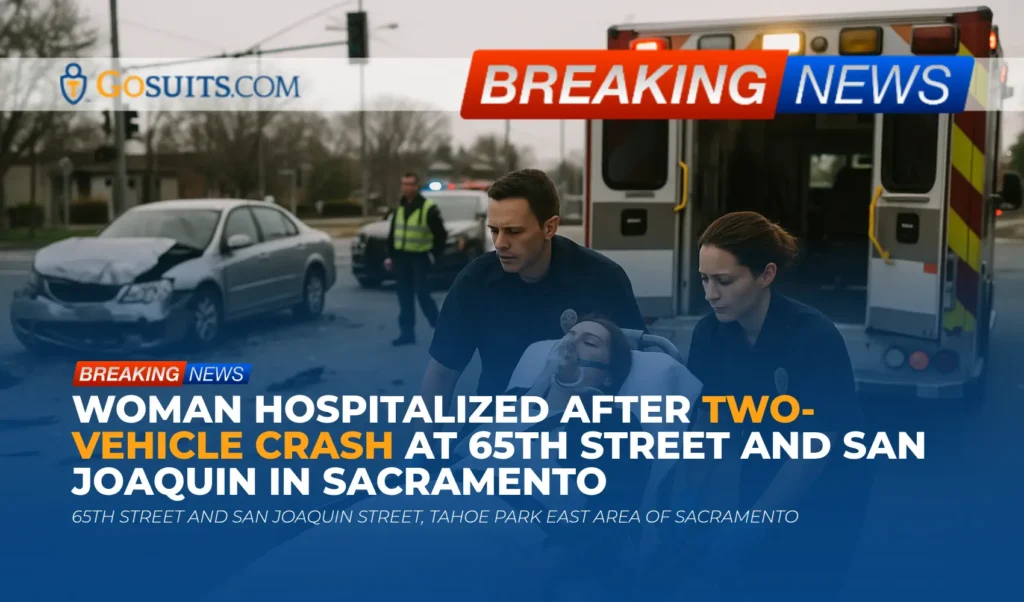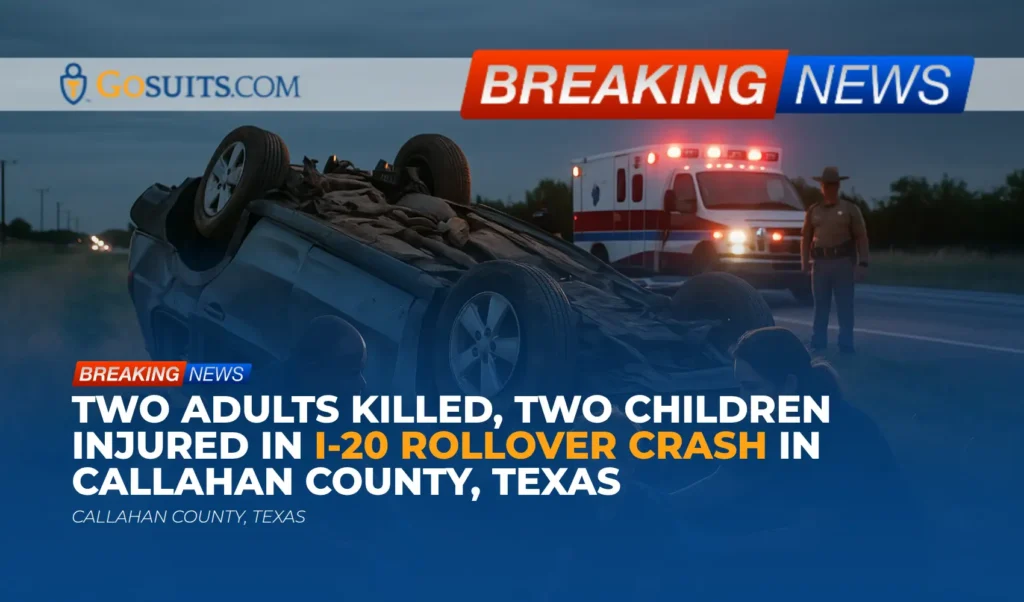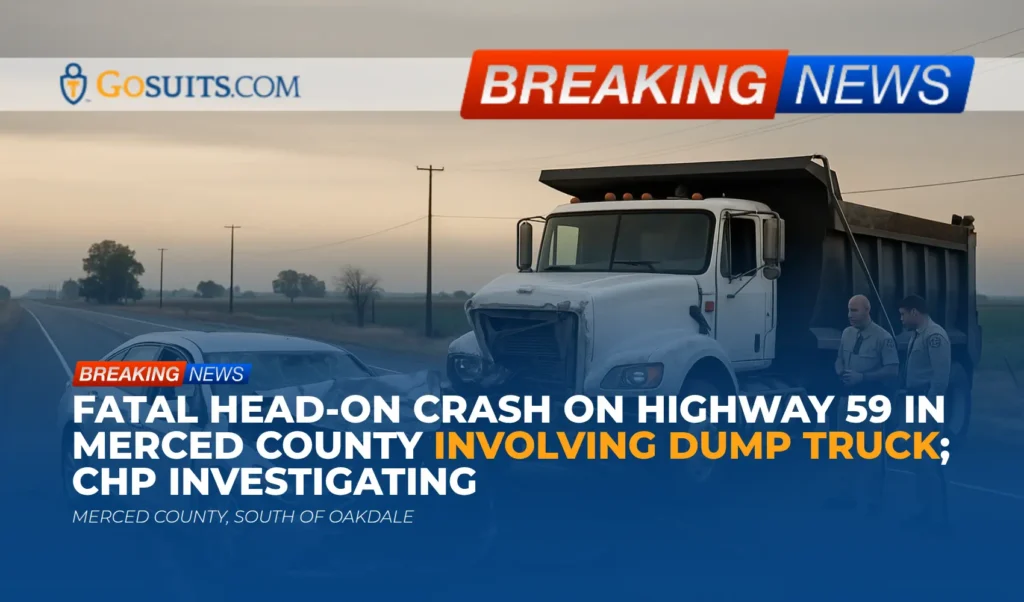A motorcycle accident in Whitestown, New York, has left one man seriously injured and highlights the dangers motorcyclists face on the road, particularly in situations involving left-turning vehicles. The incident, which occurred on June 4, 2025, involved a motorcycle and an SUV on Commercial Drive, a busy commute thoroughfare. The motorcyclist was airlifted to Upstate Medical Center in Syracuse for treatment after the SUV allegedly made a left turn directly into the path of the motorcycle. This type of collision is statistically one of the most common causes of motorcycle accidents, raising important questions about liability and the rights of injured riders.
The Whitestown Accident: A Preliminary Overview
According to New York State Police, the collision occurred at approximately 8:02 a.m. on Commercial Drive. Preliminary investigation suggests that the motorcycle was traveling eastbound when an SUV attempting a left turn crossed into the motorcycle’s path. The male motorcyclist sustained serious injuries and was promptly treated by first responders and EMS before being airlifted to Upstate Medical Center. The SUV driver was reportedly uninjured.
The State Police Bureau of Criminal Investigation and the Collision Reconstruction Unit were on the scene for several hours, indicating the seriousness of the accident and the thoroughness of the investigation. While further details are expected to be released later, the initial report underscores the potential for severe injury in motorcycle accidents, especially those involving left-hand turns.
Left-Turn Accidents: A Significant Risk for Motorcyclists
The National Highway Traffic Safety Administration (NHTSA) data reveals that left-turn accidents account for a significant percentage (42%) of all collisions between motorcycles and cars. These accidents typically occur when a car makes a left turn at an intersection or into a driveway, failing to see or misjudging the speed of an oncoming motorcycle. The resulting impact often occurs on the side of the turning vehicle, leading to serious injuries or fatalities for the motorcyclist.
Several factors contribute to the prevalence of left-turn motorcycle accidents:
- Visibility: Motorcycles are smaller and less visible than cars, making them harder for drivers to spot, especially in heavy traffic or low-light conditions.
- Speed Misjudgment: Drivers often misjudge the speed of an oncoming motorcycle, assuming they have enough time to make the turn safely.
- Failure to Yield: Drivers may fail to yield the right-of-way to motorcycles, either through negligence or a momentary lapse in attention.
- Distracted Driving: Distracted driving, including texting, talking on the phone, or adjusting vehicle controls, can impair a driver’s ability to perceive and react to motorcycles.
Legal Considerations: Liability and Negligence in Motorcycle Accidents
In the aftermath of a motorcycle accident, determining liability is crucial. Liability refers to the legal responsibility for causing harm or damages. In most motorcycle accidents, liability hinges on establishing negligence.
To prove negligence in a personal injury case, the injured party (the plaintiff) must demonstrate the following elements:
- Duty of Care: The defendant (the other driver) had a legal duty to exercise reasonable care to avoid causing harm to others. All drivers have a duty to operate their vehicles safely and obey traffic laws.
- Breach of Duty: The defendant breached their duty of care by failing to act as a reasonably prudent person would under similar circumstances. This could include speeding, running a red light, failing to yield, or driving while distracted.
- Causation: The defendant’s breach of duty directly caused the plaintiff’s injuries. There must be a clear link between the defendant’s actions and the harm suffered by the plaintiff.
- Damages: The plaintiff suffered actual damages as a result of their injuries, such as medical expenses, lost wages, pain and suffering, and property damage.
In the Whitestown motorcycle accident, the preliminary investigation suggests that the SUV driver may have breached their duty of care by failing to yield the right-of-way to the motorcycle when making a left turn. If proven, this could establish negligence and make the SUV driver liable for the motorcyclist’s injuries and damages.

Potential Damages in a Motorcycle Accident Claim
Motorcycle accident injuries can be severe and life-altering, often resulting in substantial financial losses for the victim. An injured motorcyclist may be entitled to compensation for various damages, including:
- Medical Expenses: This includes past and future medical bills, hospital stays, surgeries, physical therapy, prescription medications, and other healthcare costs.
- Lost Wages: Compensation for lost income due to missed work, both in the past and future. This may also include lost earning capacity if the injuries prevent the motorcyclist from returning to their previous job or pursuing their chosen career.
- Property Damage: Reimbursement for the cost of repairing or replacing the damaged motorcycle and any other personal property damaged in the accident.
- Pain and Suffering: Compensation for the physical pain, emotional distress, and mental anguish caused by the injuries.
- Other Damages: Depending on the circumstances, other damages may include disfigurement, permanent disability, loss of enjoyment of life, and, in the event of a fatality, wrongful death damages for the victim’s family.
The Importance of Legal Representation
Navigating the complexities of a motorcycle accident claim can be challenging, particularly while recovering from serious injuries. Insurance companies may attempt to minimize payouts or deny claims altogether. It is crucial for injured motorcyclists to seek guidance from a skilled personal injury attorney who can protect their rights and advocate for their best interests.
A seasoned attorney can:
- Conduct a thorough investigation of the accident to gather evidence and identify all liable parties.
- Handle communications with insurance companies and other parties involved.
- Negotiate a fair settlement with the insurance company.
- File a lawsuit and litigate the case in court if a settlement cannot be reached.
- Assist in understanding no-fault benefits and other available resources.

Commentary from Gosuits Utica, New York Personal Injury Attorney
The motorcycle accident in Whitestown is a stark reminder of the vulnerability of motorcyclists on our roads and the serious consequences of driver negligence. In left-turn collisions, the driver making the turn often bears the primary responsibility for ensuring the safety of oncoming traffic, including motorcycles. The legal principle of negligence applies here, and it’s crucial to thoroughly investigate the circumstances of the accident to determine fault. Beyond immediate medical care, the injured motorcyclist faces potential long-term financial burdens due to medical bills, lost wages, and other damages. A seasoned personal injury attorney can play a vital role in protecting the rights of the injured rider and pursuing the compensation they deserve to help them recover and rebuild their lives.






